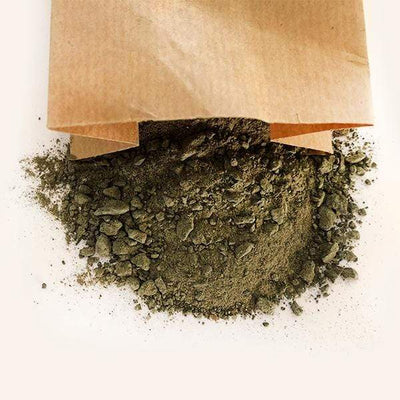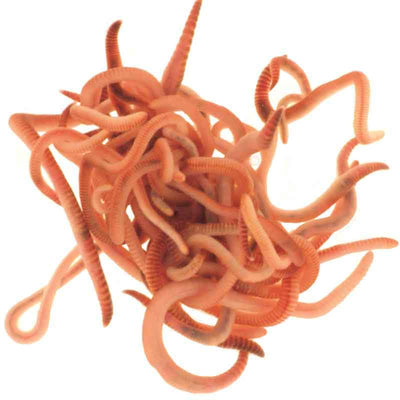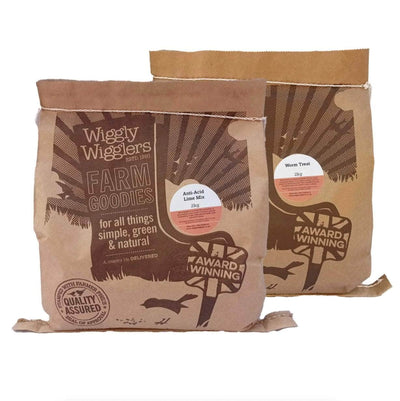Many dog owners find themselves wondering about the safety of various foods their pets may encounter, and bird seed is no exception. With its attractive appearance and widespread availability, it’s not uncommon for dogs to be tempted by the crunchy bits often found in bird feeders. In this blog post, we’ll explore whether bird seed is bad for dogs to eat and what precautions pet owners should take.
The Composition of Bird Seed:
Bird seed typically consists of a mix of seeds, grains, and sometimes nuts. Common ingredients include sunflower seeds, millet, safflower seeds, cracked corn, and more. While these components are designed to be a nutritious and energy-packed meal for our feathered friends, the question arises: are they safe for our canine companions?
Potential Risks for Dogs:
- Digestive Issues: Bird seed can be challenging for dogs to digest due to its high fibre content. Consuming large quantities may lead to gastrointestinal upset, causing symptoms such as vomiting, diarrhoea, and stomach discomfort.
- Obstruction: Some seeds and nuts in bird feed can be large and hard, posing a risk of obstruction if a dog swallows them whole. This could lead to a blockage in the digestive tract, requiring immediate veterinary attention.
- Allergies: Dogs, like humans, can have allergies. Certain ingredients in bird seed, such as sunflower seeds or nuts, might trigger allergic reactions in some dogs, causing symptoms like itching, swelling, or respiratory distress.
Preventive Measures:
- Supervision: When your dog is outdoors, especially in areas where bird feeders are present, keep a close eye on them to prevent them from consuming bird seed.
- Secure Bird Feeders: If you have bird feeders in your yard, make sure they are placed in areas that are inaccessible to your dog. Consider elevated positions or hanging feeders that are out of reach.
- Provide a Balanced Diet: Ensure your dog receives a nutritionally balanced diet that meets their specific dietary needs. This will reduce the likelihood of them seeking out alternative, potentially harmful, food sources.
While small amounts of bird seed may not be immediately harmful to most dogs, it’s crucial for pet owners to be aware of the potential risks and take preventive measures. Supervision, securing bird feeders, and providing a well-balanced diet are key components of responsible pet ownership. If you suspect your dog has ingested a significant amount of bird seed or is displaying concerning symptoms, consult with your veterinarian promptly for professional advice and care.






